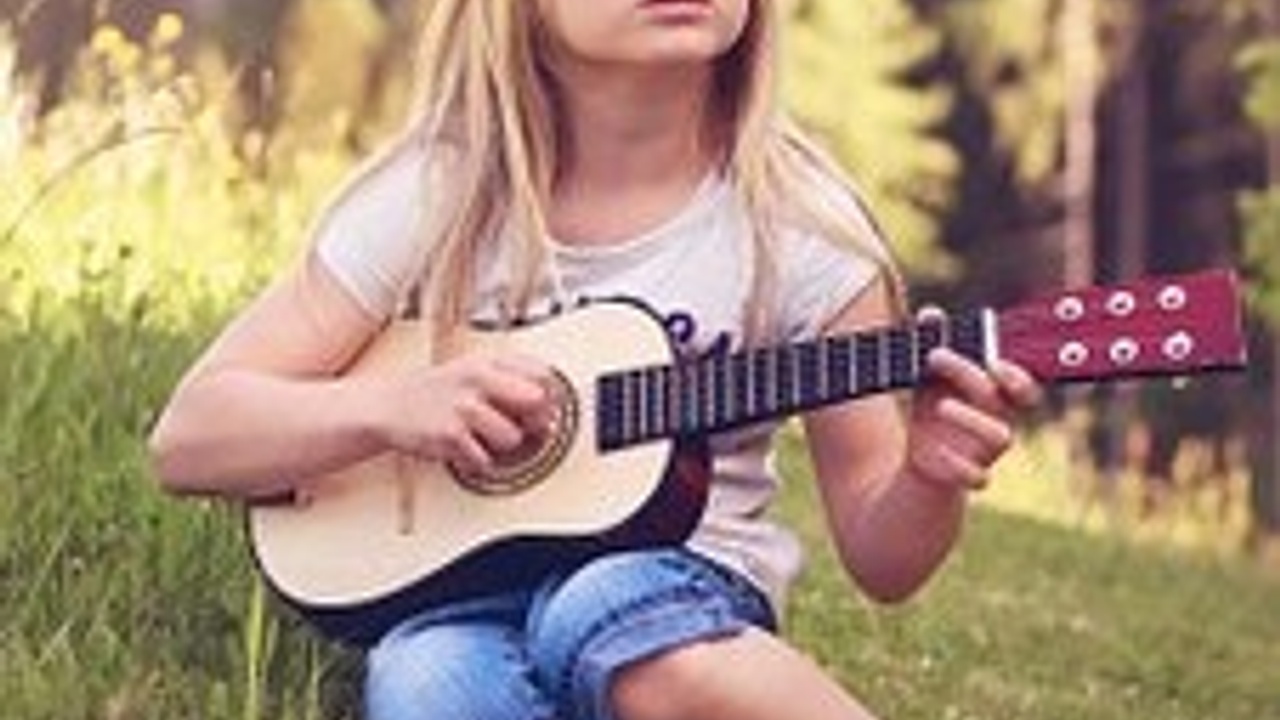Conscious Parenting. Is there another level?

Conscious parenting has seen an upward turn in the last few years. With popular books such as The Conscious Parent, by Dr. Shefali making this way of raising children more widely known. Which in my view, can only be a good thing.
Honouring, respecting and validating our children's experiences, whilst digging into the work of self-enquiry and healing from our past, is a crucial part of conscious parenting and essential for raising wholehearted children, which is something I am hugely passionate about. This concept is centred on the idea that the problem is not our children, the problem is actually our own subconscious and emotional health. And the thought of raising a child who doesn't have to recover from their childhood fills me with complete joy. But what if we could take conscious parenting to another level?
The work of transforming the parent in order to affect the child is really only one part of the jigsaw puzzle. Powerful books, such as the Biology of Belief, by Dr. Bruce Lipton and the countless books on the importance of the parent child / relationship and attachment by Dr. Gabor Mate have led me to believe that we can have a much larger impact on the next generation, by becoming more intentional. Conscious parenting can be supercharged by increasing connection in families and and by becoming much more intentional about our children's environment, the language that we use and the messages that are entering our young children's minds. And how do we do that? We get down on our children's level and we sing, dane and play. Something echoed by the work of the late Dr. Karyn Purvis, from the Institute of Child Development, who found that it takes 400 repetitions to create a synapse in the brain, but only 12 when something is done with a feeling of joy and safety.
When we combine the work of conscious parenting - the healing of the parent's emotional wounds, negative self-talk, closed mindset and limiting beliefs - with the super powers of increased connection, music and play, we can also go onto to teach exactly the same concepts to the children in a way that they can understand. And that will stay with them forever. You see, before age 7, our children are naturally in a theta brainwave state. A hyper-learning phase, which is essential for their survival, but which also means that everything that is suggested to the child is taken in to the subconscious mind and accepted as fact, which then becomes their model of the world.
Every interaction, every look or tone of voice, communicates something to your child about who they are, what they are capable of and who they think they are going to be. These stories become the belief systems that they then use to run the rest of their lives on a 95% unconscious basis and will go on to to affect how they show up in the world and their behaviour pretty much on autopilot, for the rest of their lives.
And the best way to impact a child's subconscious mind? Through music. Because the brain loves patterns. It loves rhymes and chunking things up into phrases and rhythm. Music goes straight into the subconscious mind ... and it stays there forever. It's why you don't remember anything your parents told you when you were three years old, but you can remember all the songs. It's why you often can't remember what you went into the kitchen for, but you can recite all the words from your favourite tunes 20 years ago. Music is like learning on steroids. It reaches children in a way that words can't and when you add in increased connection and fun-making for the adult, it supercharges the learning and strengthens those neural pathways so much more. Research shows that even when there has been early trauma, through feelings of safety and connection, the brain can grow in places it has been damaged..
Research from the National Scientific Council on The Developing Child, based at Harvard University tells us that 'Emotional development is actually built into the architecture of young children’s brains in response to their individual personal experiences and the influences of the environments in which they live. Indeed, emotion is a biologically based aspect of human functioning that is “wired” into multiple regions of the central nervous system. These growing interconnections among brain circuits support the emergence of increasingly mature emotional behaviour, particularly in the preschool years. Stated simply, as young children develop, their early emotional experiences literally become embedded in the architecture of their brains.’
Your child’s experiences are literally building their brain, affecting future learning and cognitive ability.
So instead of conscious parenting, why not take this to the next level and become the kind of parent who owns their past and parents with the child's mental and emotional healing at the heart of all that you do? The kind of parent who gets down on their child's level and plays and encourages movement to help them to release negativity trapped in their bodies. The kind of parent who teaches them everything they need to know about their internal worlds of thoughts and feelings, imagination, courage and being enough. The kind of parent that teaches them that they are worthy of your time and attention, which also becomes part of their story. And
And if music be the food of love, please ... feed it to your kids.
The "Raise a Tiger" Programme
Teaching wellbeing and inner strength to parents and children aged 2-7 years, through music and FUN! No musical experience necessary.
Join NOW - Places Are Limited
"It's literally the best thing I have ever done with my child!" - Jordana Matsuda - Early Childhood Educator
